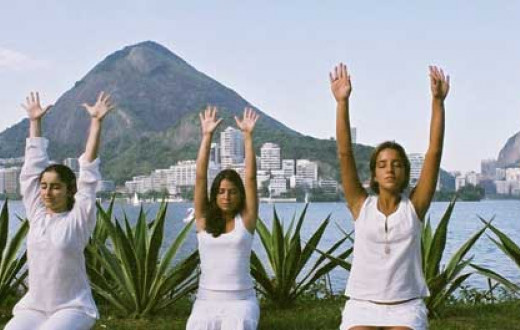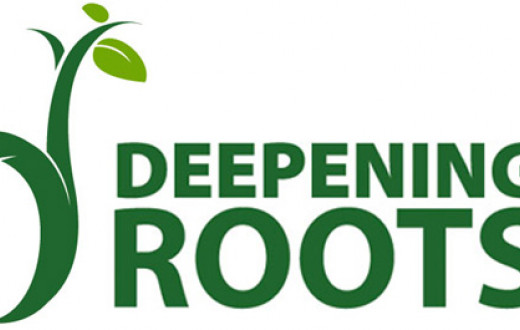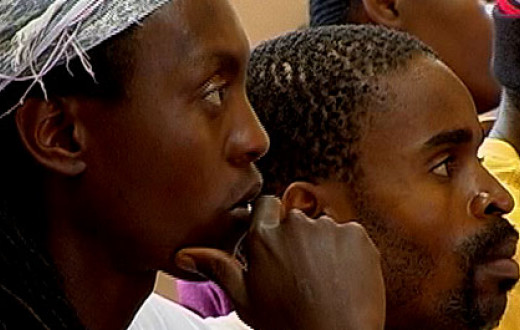April 10, 2008
Excerpt of the inaugural address by Gurudev Sri Sri Ravi Shankar - Solutions to Conflicts
We have all come together to find a common solution to a very crucial problem. Often in meetings, we discuss the problems, which then appear so big. When the problems appear insurmountable, conflicts remain as conflicts and continue for centuries. Then one loses heart. However, here, we have people from various fields and from diverse cultural and religious backgrounds, social and economic strata, all coming together, sincerely looking for a solution – because we want peace. Enough is enough – we have had so much violence.
Today, we have two types of extremism. One kind comprises religious extremists while the other consists of communist extremists. And then there are ethnic conflicts. These are the three major types of conflicts we need to look into – this is what is clogging South Asia. We also face the problem of poverty – there are certain forces which, for political reasons, personal gains or other reasons, are using poverty of people for their own ends by not giving them the right picture, the right direction to move ahead. Here, we all have to bring sense and come up with solutions to the conflicts. The world, life itself, is full of contradictions and conflicts, and it is wisdom that helps us to sail through these.
We need to look at life with the ‘Three Cs’:
- A Cosmic (or broader) vision of a problem.
- Commitment - without commitment, you will not be able to move a step forward – we need to have commitment for peace.
- Compassion – without compassion, you cannot understand another person’s point of view.
Often, when you listen to conflicting points of view, you will find that everyone is correct from their own view point. If you listen to the Tamils, you would side by them. If you listen to the Sinhalese, you would side by them. If you listen to the Maoists, you would side by them. If you listen to the government, you would side by them. Everybody has their own logic, their own view point. We have to find a way where we can meet and come together in peace.
India has been the country of non-violence for centuries. In thousands of years of history, India has never waged a war against any country, nor has it conquered any country. Of course, it has been fighting wars in self-defense. India is the land where Buddha and Mahavir gave their teachings and where Mahatma Gandhi preached nonviolence. Today, the country is affected by different types of violence. And it pains us to see the suffering of people, of men, women and children.
A couple of years ago, when I was in Chhattisgarh, India, the Inspector General of Police came to me with tears in his eyes. He said, “This year, 281 of my men were killed. I do not know how to face the families of men who were working under me. How can I recruit young men for the police? I feel I am recruiting them for a job and putting them to death. I am so traumatised.” It was so moving to hear this – it would shake anybody.
One gets the same sense of suffering when you look into the eyes of women and children, millions of whom are bereaved of their families. These are man-made calamities, which can be avoided, unlike a natural one like the tsunami. This is what we need to do – all of us here, sincerely pray and take responsibility to bring peace, to turn every tear into a smile and dream for a stress-free, violence-free world.





















